
Nay Pyi Taw, Myanmar, 6 June 2013 – Leaders of Myanmar, Vietnam and Laos joined Klaus Schwab, Founder and Executive Chairman of the World Economic Forum, to open the World Economic Forum on East Asia at a historic moment for the host nation, Myanmar. Schwab mentioned the range of reforms – political, economic and social – underway in the nation. “We are here as partners – partners in a process that has become irreversible,” he said. Ensuring that future generations benefit from the current growth will require the involvement of neighboring nations, the international community and the private sector, among other stakeholders.
President Thein Sein of Myanmar expressed his commitment to reform the nation’s economy away from a centralized government model to one “based on free markets. I promise that we will not waiver on this task.” He emphasized the need to cooperate with ASEAN nations in particular, given Myanmar’s assumption of the role of ASEAN chair in 2014.
Prime Minister Nguyen Tan Dung of Vietnam also expressed his nation’s commitment to regional cooperation and noted the “urgency for vigorous action” to achieve ASEAN integration goals. In addition to regional cooperation, the prime minister noted the opportunities for special collaboration among inland ASEAN states, by stimulating growth through greater connectivity. Building roads and easing the flow of goods through the region – and especially along the East-West economic corridor – could promote economic growth. “I call on businesses to invest in projects along the corridor – for your benefit, and that of the community and the entire region,” he stated.
Laos has also experienced rapid economic growth recently, due in part to trade facilitation and regional economic integration. This growth has led to marked declines in household poverty rates. “Laos will continue to cooperate widely with neighbors – bilaterally, multilaterally and in the region,” stated Thongsing Thammavong, Prime Minister of Laos.
The three nations have an opportunity to accelerate existing development models to grow more sustainably than in the past. Regional collaboration, as well as the involvement of international businesses and organizations, are essential components of the transformation described by the political leaders. Schwab referenced growth projections for Myanmar and told President Thein Sein: “You can move faster … [you] can achieve growth of 10 percent.” The three leaders expressed a shared desire to learn from positive examples and promote regional integration in achieving this goal.
Over 1,000 participants from 55 countries are taking part in the World Economic Forum on East Asia, held for the first time in Nay Pyi Taw, Myanmar. The meeting welcomes over 100 public figures representing 15 countries, including heads of state or government from Laos, Myanmar, the Philippines and Vietnam. More than 550 business leaders, over 60 Global Growth Companies and nearly 300 young leaders from the Forum’s Young Global Leaders and Global Shapers communities, together with other members of civil society, academia and media are convening to discuss the challenges and opportunities facing Myanmar and East Asia.
The Co-Chairs of the World Economic Forum on East Asia are: Helen E. Clark, Administrator, United Nations Development Programme (UNDP), New York; Anthony F. Fernandes, Group Chief Executive Officer, AirAsia, Malaysia; Yorihiko Kojima, Chairman of the Board, Mitsubishi Corporation, Japan; Indra Nooyi, Chairman and Chief Executive Officer, PepsiCo, USA; Subramanian Ramadorai, Vice-Chairman, Tata Consultancy Services, India; and John Rice, Vice-Chairman, GE, Hong Kong SAR.
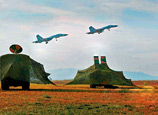
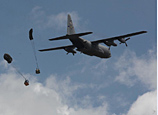

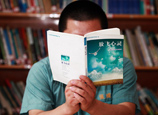

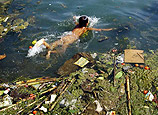



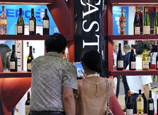






 1 killed in SW China helicopter crash
1 killed in SW China helicopter crash


![]()
